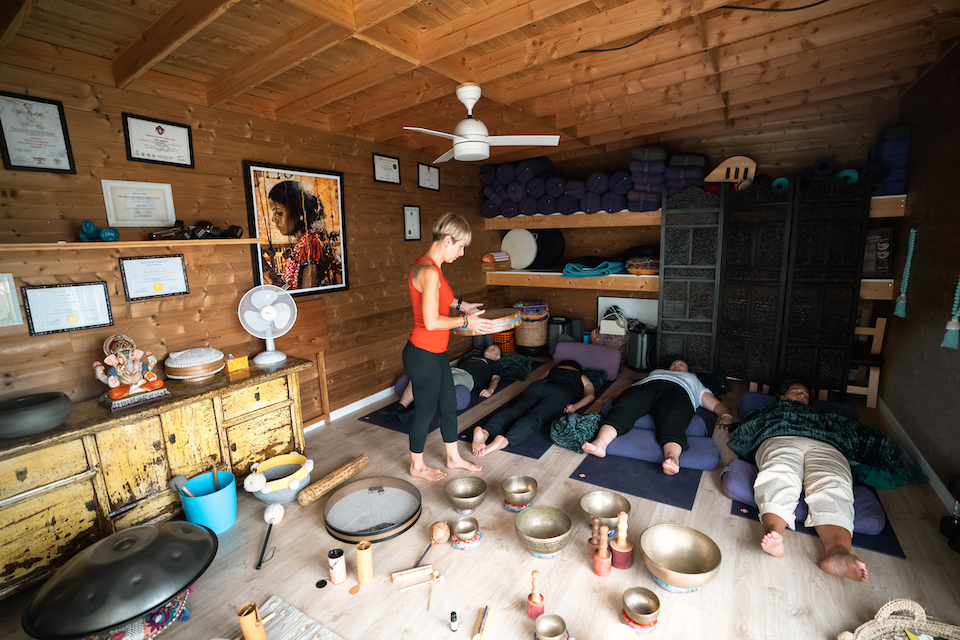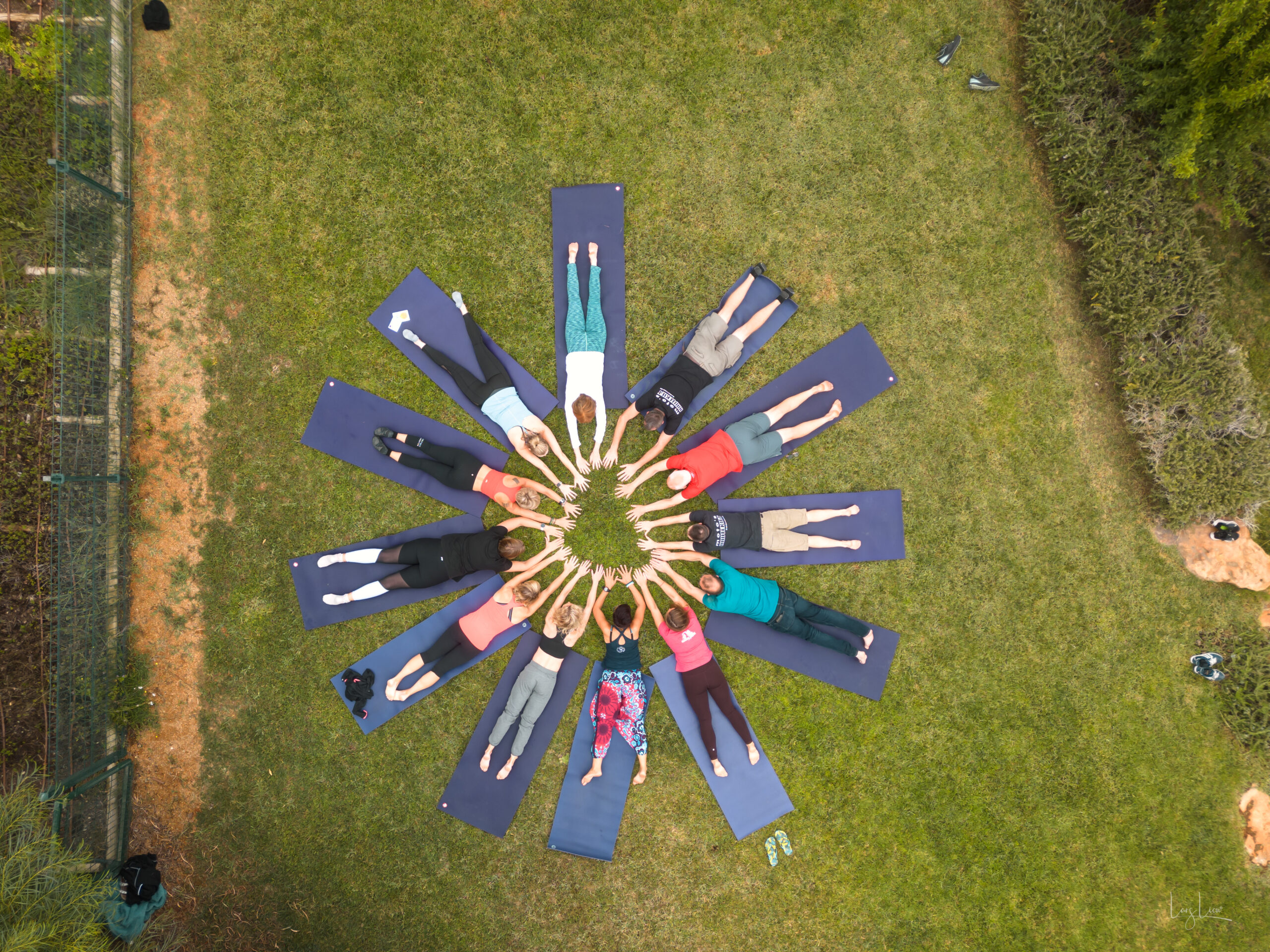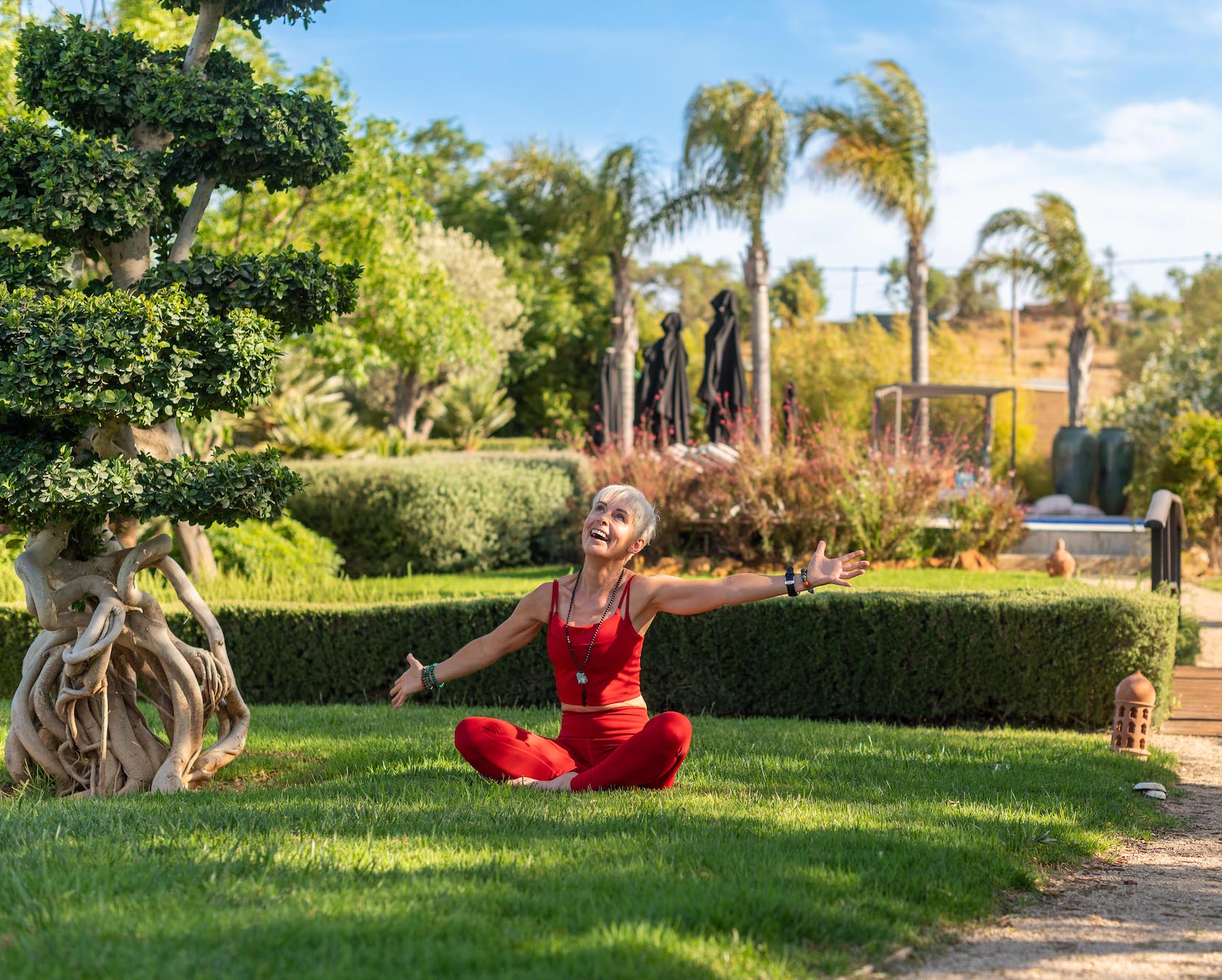We can’t ignore it: emotions are a part of our lives. Sometimes we can take on the world with joy, or we feel butterflies in our stomachs and want to tell everybody. But there are also times when we are paralysed by fear or boiling with anger.
When it seems like our emotions get in the way of what we would like to do, we tend to try to suppress them.
That’s not a good idea. What if we told you that our emotions have a purpose?
Emotions: inseparable from your thoughts and values
Emotions are not isolated. In fact, we cannot separate them from what we’re thinking, as our emotions are a physical reaction to our thoughts.
Imagine, for example, that your boss quickly walks past you at work, without really paying you any attention, and he only briefly responds to your question. Then you might think, “Why is he so bad-tempered? Did I do something wrong?” Consequence: you feel bad, sad, insecure, angry, …
While your colleague, who had the same experience, thinks, “He seems to be busy today.” Your colleague experiences no negative feelings as a result of your boss’s behaviour.
These 2 scenarios show that different thoughts lead to a different emotional response to the same behaviour. But your reaction has a more negative effect on you than your colleague’s reaction on her or him.
So your emotion is not a reaction to the situation itself, but a reaction to your interpretation of the situation. And we don’t notice this difference because that interpretation happens so quickly. After all, our thoughts are linked to our values, which we were taught growing up or have gradually built ourselves.
In the example above, kindness is an important value for you In other words, your negative feelings around your boss’s behaviour are a signal from your emotions that your need for kindness has not been met. So you don’t find your boss kind at that moment.

Our emotions are trying to tell us something
We know that our emotions function as a feedback mechanism for our values. But what are they trying to tell us?
Well, positive emotions signal that you are doing well and that your life is fulfilling. Try to pay more attention to them. Allow them in, so you can feel them fully.
Negative emotions are less fun, but not less valuable. Despite the fact that we often run away from them or try to suppress them, our negative emotions are more like lessons.
For instance, there is a difference between feeling our emotions and expressing them. We can be angry without having to express ourselves in a destructive way. We can be scared without being paralysed by it.
How?
By paying attention to our feelings. As soon as you feel a particular negative emotion arise, accept it and then look for the message behind it.
Ask yourself, “What does this emotion want for me? What values or desires are behind this emotion?”. Acknowledge that desire, it belongs to you! The purpose of your emotions is mainly to alert you to your desires and how you can fulfil them.
Of course, we cannot fulfil all our desires right away. And that’s a good thing, otherwise life would be rather boring. But we can design a plan for the future to guide our lives in the right direction and focus on what is really important to us.
Behind every emotion is a piece of the quest for your ultimate happiness!
Release your emotions after they have delivered their message
Have you gotten really angry? Or were you able to cry everything out? Fine. Feel those emotions, but don’t wallow in them. Once your emotions have given you their message or signal, they are no longer useful.
Now is the time to let go.
Some emotions can feel very intense. Especially negative feelings may continue to haunt your system for a while. This is not a bad thing. Give your body time to release itself from these sensations. This can be done in various ways. Think yoga, meditation, stretches, breathwork, sound therapy, …
Take your time to discover which therapy works for your body. Coach Cindy is happy to help you with this quest. So don’t hesitate to contact us for more information.

Your healing has really put me in a positive flow. I've already taken a course. I am really grateful that you helped me to make a better connection with myself.
Your coaching was great yesterday. I'm so glad I could join you. You really have no idea how good and powerful you are with other people.
Cindy, thank you so much for getting me on the right track! This means a lot to me.





